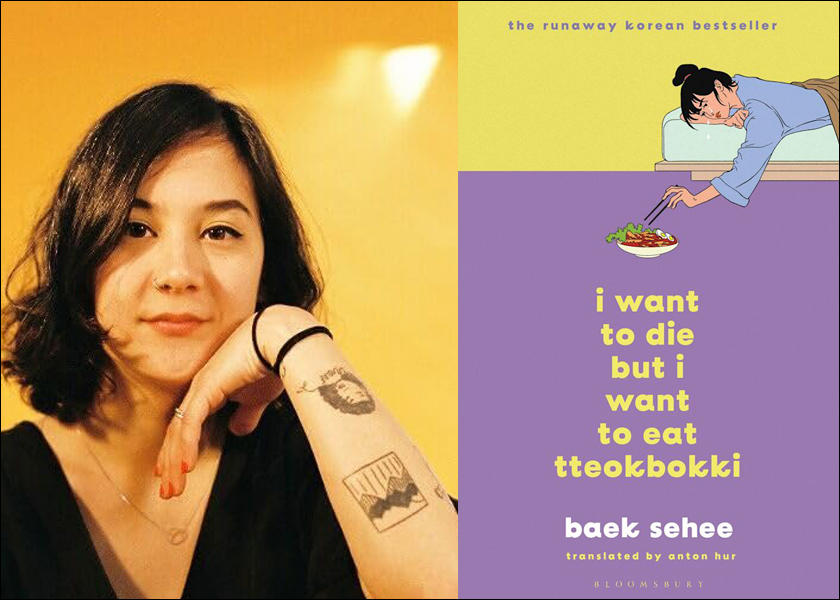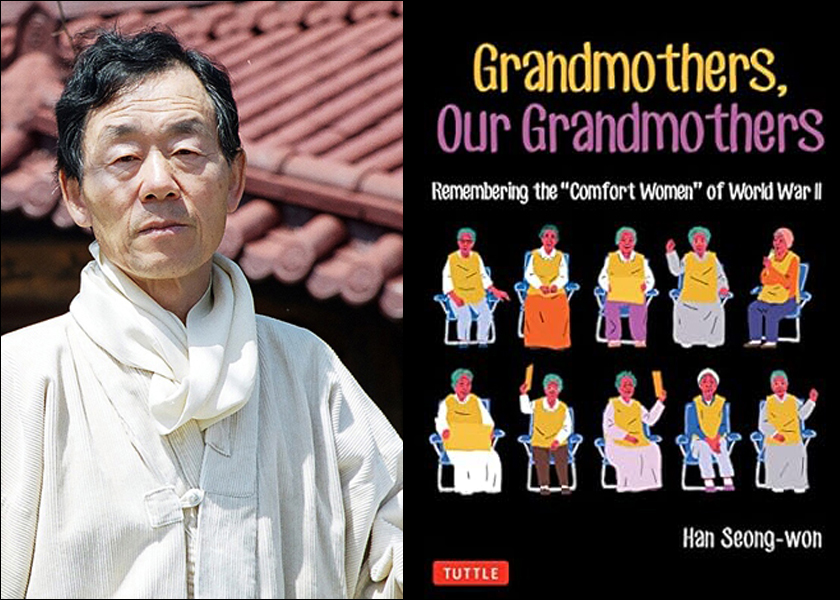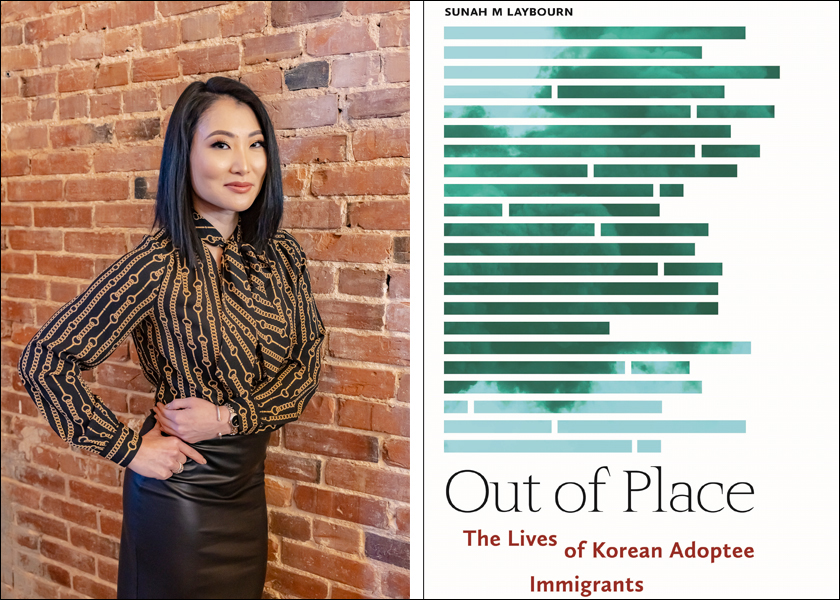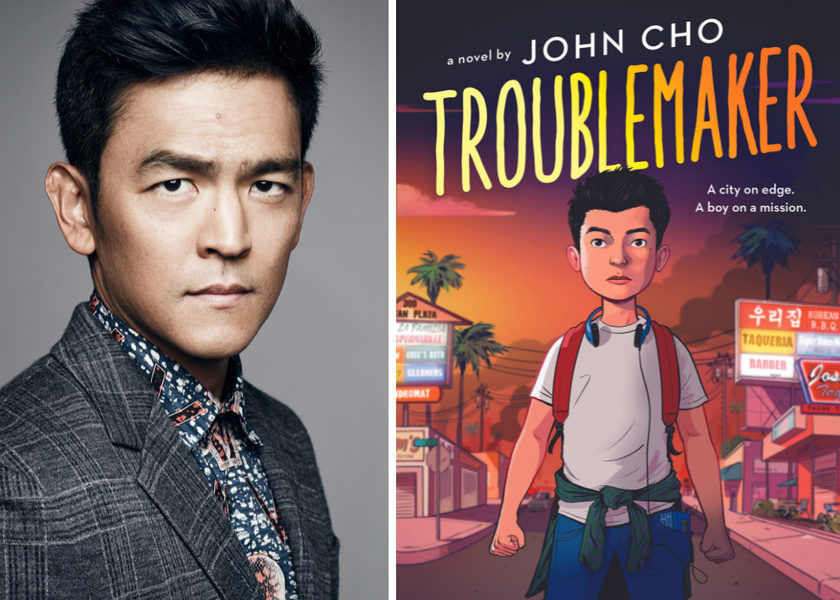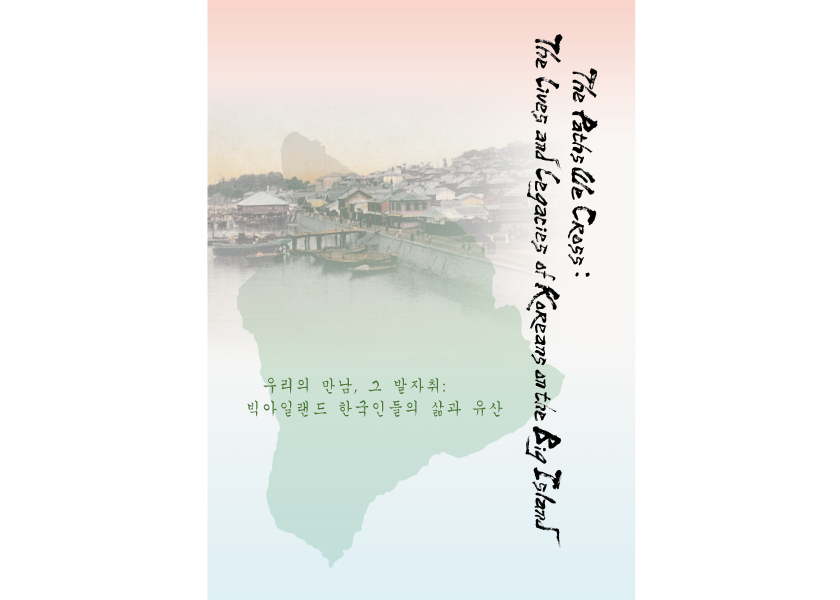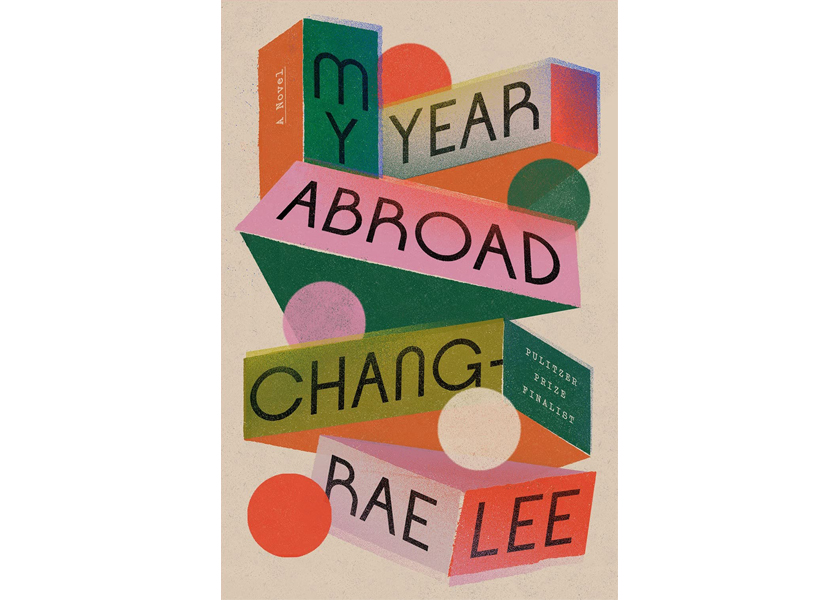Nuclear Family ~ By Joseph Han
(Counterpoint Press, Berkeley, 2022, ISBN# 978-1-64009-594-6)
Review by Joanne Rhim Lee (Summer 2024)
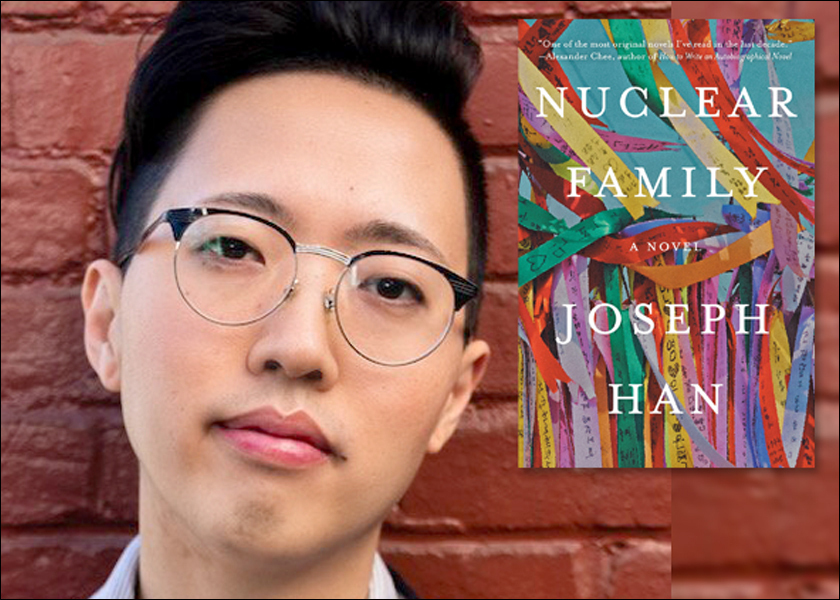
At first glance, the Cho clan in Joseph Han’s debut novel Nuclear Family seems like a typical Korean American immigrant family in Honolulu. With the help of their 20-something daughter Grace, Umma and Appa run a popular Korean plate lunch restaurant (“plate lunch” is a very Hawaiian reference to an old-fashioned restaurant serving hot lunches.) Grace’s older brother Jacob has a job teaching English in South Korea, as part of his broader quest to learn more about his heritage. The building of the restaurant business has not been easy for the family, but Appa thinks they are finally on their way to achieving the American Dream.
Then one day, while working at the restaurant, Grace hears a story on TV about a Korean American man who was shot while attempting to cross the DMZ into North Korea. Who would attempt to pull off such a ridiculous and dangerous stunt? But then she looks more closely at the television, and notices that the man in question looks suspiciously like her brother. It couldn’t be…
But of course it is Jacob, and soon she has to break the news to her parents that their son (who was shot but not killed) is now being detained by the North Korean government. Soon it’s all over the local and international news, with the general consensus being that Jacob was a spy, though for whom it’s not clear.
In the ensuing weeks, Umma and Appa attempt to recover from their shock, while also mourning the loss of many of their regular customers, including old friends who avoid eye contact on the street. They also receive several prank calls telling them to go back to North Korea where they came from, even though neither of them has ever been there.
Appa’s nerves are frayed. On top of their son’s dangerous predicament, they were so close to opening up a second location of the restaurant and finally being able to purchase their own house. After his son’s crossing of the DMZ, and the news about it, business is flagging. He becomes very short-tempered, and when a cockroach lands on Umma in the restaurant, he freaks out and tries to kill it, which is not a good look in front of their few remaining customers.
Grace tries her best to dissociate herself from the stress by avoiding her parents and getting high with her friend David whenever possible. Suddenly, the façade of the perfect Korean American family has come crashing down.
Han’s chapters shift back and forth in time between various family member’s perspectives, including the isolated Jacob. The author hints at some reasons why Jacob may have attempted a crossing of the DMZ. We learn that during a tourist-trap tour of the DMZ, Jacob became incensed at his tour guide’s simplistic depiction of the Korean War, and how the role of the U.S. is conveniently left out. Why not tell the whole story, and explain that Korea was just a convenient playground for superpowers with larger international agendas?
Back home in Hawaii, Appa fears for his son Jacob’s health and safety, but he also does not know how to connect with his own son. Years ago, he saw Jacob crossing the street in Chinatown and was about to roll down his window and ask if he needed a ride, but then he saw that Jacob was holding hands with another man. Was that really Jacob, or were his eyes deceiving him? Without a clear conclusion, he drove away in silence.
In addition to the four main members of the nuclear family, Han includes the perspectives of his grandparents, Halmeoni and Haraboeji, and the stories of how they were separated from their own family members during the Korean War. Halmeoni is now old and weak, and can barely walk without help, but she remembers being a little girl in Korea, walking up and down the vast Korean peninsula searching for her family. We learn that Harabeoji had another family in Korea that he was separated from before he met Jacob and Grace’s Halmeoni and started a new family.
The author uses his text in creative ways, sometimes repeating the same word over and over across an entire page to convey the DMZ, or a squiggly line in the form of the 38th parallel (which is not a straight line, as those familiar with Korean geography will know) to divide sections or chapters.
Han also draws upon his own experiences as a Korean American in Hawaii to depict the lives of the fictional Cho family sharing quirky insider tidbits about the unique Asian American melting pot of Honolulu. In January 2018, people living in Hawaii woke up to an emergency alert on their phones, saying that there was an incoming ballistic missile and that they should seek immediate shelter. Many thought that it was North Korea dropping a nuclear weapon on Hawaii, and said goodbye to their loved ones. Clearly, it was a false alarm, but one that woke many people up to what was really important in their lives – this incident is also reflected in the lives of the Cho family.
The stories of each member of the Cho family epitomize the Korean concept of han – the feeling of grief, resentment, and regret stemming from so many individuals’ stories, as well as the collective history of Korea as a colonized land taken over by foreign powers and divided into two, a move that has divided families for more than 70 years. The division of Korea is now a permanent wound that is a unique and painful part of Korean and Korean American culture, and reverberates in the lives of all Korean families today.

